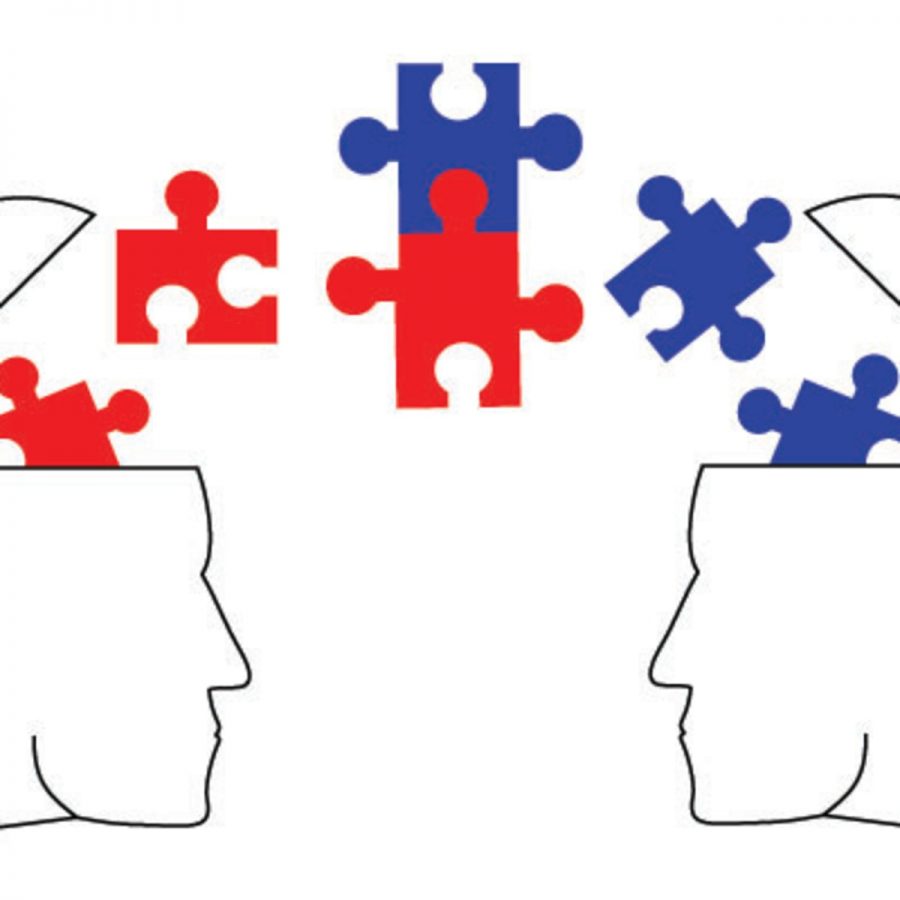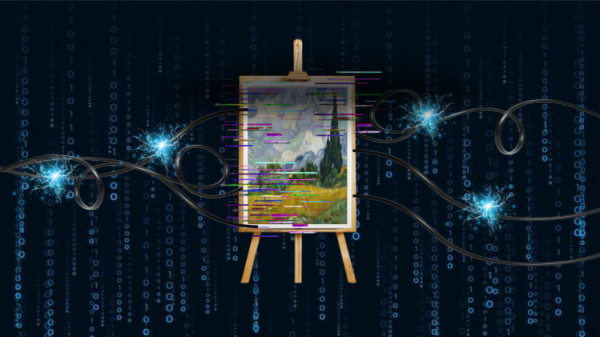Ideology vs. Individuality?
To put into flowery language, the essential difference between the two parties is a difference in ideological priorities. Democrats focus on equality, and Republicans focus on individuality.
Of course, it is more complicated than that. If it was not, the people who claim that there is no difference between the parties would be correct. The differences between the two parties just branch out from that starting point.
The Democrat party’s priority of equality for all people leads to their big government stance and progressive ideology. While excessive red tape and bureaucracy are universally admonished, the democratic party wants the government to have the power to help the people in unfair situations. Universal healthcare, increasing the taxes on the rich, and social safety net expansion are all-natural economic follow-throughs from that point. In the party’s socially progressive stances, there has been a focus upon course-correcting the disparities found between racial groups as well as fighting for the rights of women and the LGBTQ community.
The Republican party, the younger Grand Old Party, values the individual as a priority. The small government ideas are in order to keep obstacles out of the individual’s path. From the small government and individual ideals, the economic laissez-faire policies become reasonable. The party prefers tax cuts alongside cuts to government programs to give people the entire rewards of their labor without the government taking a cut. The ideas of lowering or eliminating regulations on the market are common due to the idea of free-market forces. While there is an explanation that fewer regulations will encourage enterprise by lowering start-up costs, the argument is that competition among companies will discourage abuses of the worker, consumer, environment, etc. because people will choose to spend their money in other places (which, historically, a laissez-faire market does the opposite in the U.S., just like Reaganomics). Socially, Republicans are centralized upon conservatism. They want to conserve the culture that they see in the United States. Christianity and guns, alongside the connotations and organizations around those two ideas, are a staple in the Republican party discussion of social policies. Generally, the Republicans rely on the individual to influence society to fix problems in society instead of relying on the government to impose changes.
Unfortunately, both parties are generally the same in the sphere of foreign policy. Democrats can be slightly more likely to fight for the rights of minorities in foreign countries, and Republicans are generally more vocally in support of the military and its exploits. However, the parties as a whole-body have a tendency to okay or order atrocities committed by the U.S military or to gesture isolationism in the worst combination of continuing to kill people and mess with other countries. If the people of the U.S. begin to care about foreign policy, the differences in the plans of the candidates of the presidency may create differences between presidencies beyond which country will be fear-mongered about (and the news may actually care about what happens internationally that does not immediately affect the U.S.)
Both ideologies, outside the context of the current day United States, could create a fine society. However, ideologies are not performed in a vacuum. Republicans are conservatives trying to conserve a history that tried to degrade minorities into erasure and a history where the economic disparity between even the small middle class and the majority. And the Democratic party has a forward face of progressive change and hope; however, the large tent nature of the party from being faced against another singular party creates a great deal of in-fighting which waters down most bills and actions which they create. Both parties have problems with incredibly old leadership, while the Republican party has still, even after he is no longer the president, fallen behind Trump, the democratic party superdelegates and party leaders fall behind moderate do-nothing candidates.
And while that is important to know alongside the history of the parties (such as the party switch of the 1960s which has lead to our current polarization and the 1900’s progressivism, protests, and red scares which continue to echo in the political speech of today), the ideology and history of the parties are decided by its members and voting bases today. While it may be important to vote along party lines to push agendas through our legislative body, voting in primaries for specific politicians can be important to push our two political parties in the direction in which you would prefer the country to go in.

Justin Page, while being a new addition to the staff of the Crimsonian, is a Senior at DHS. He participates in groups such as the Choir, the Orchestra,...






